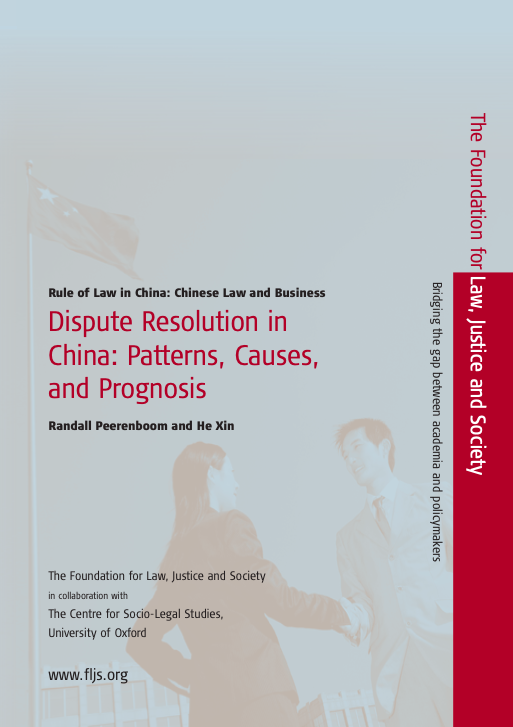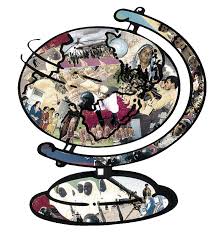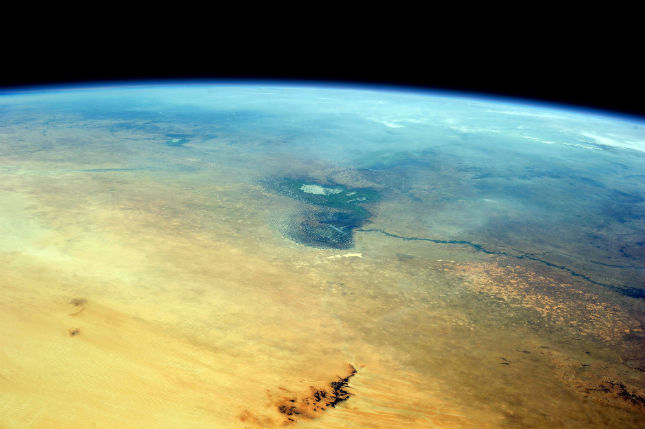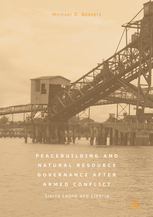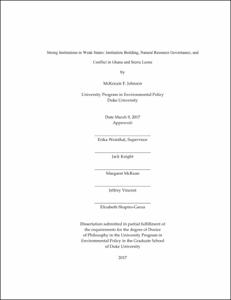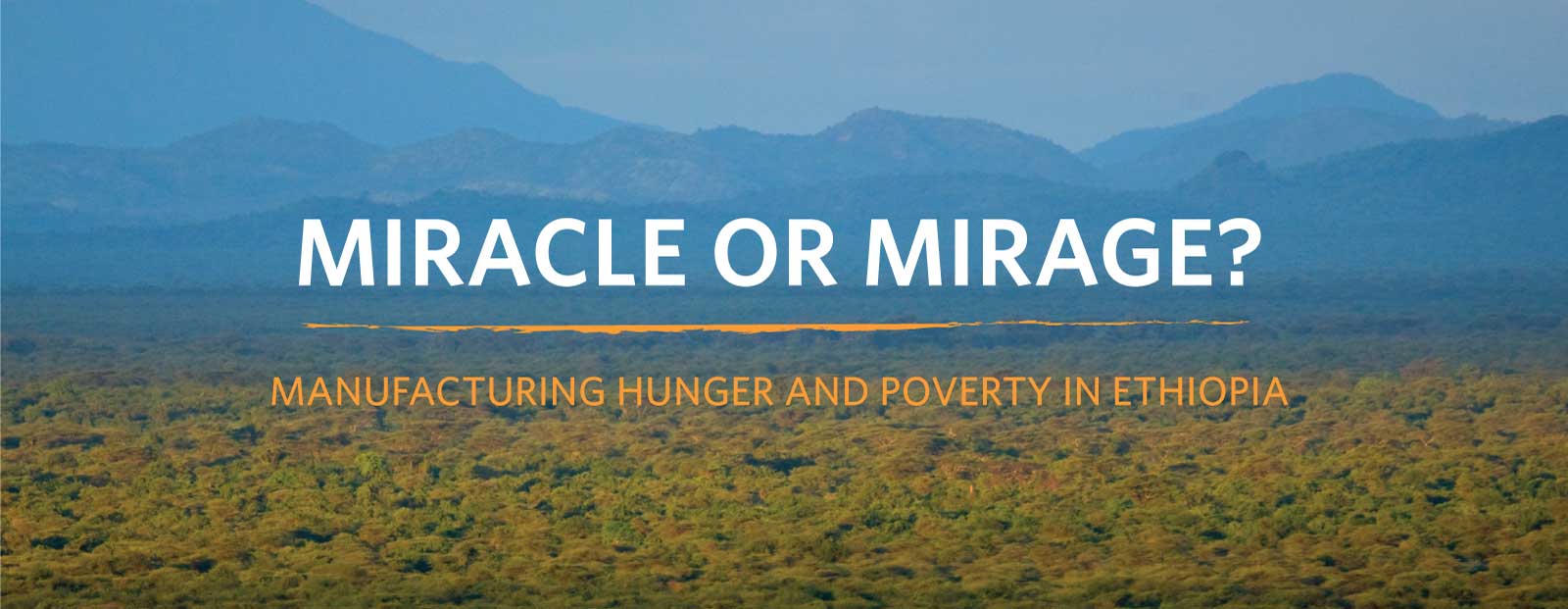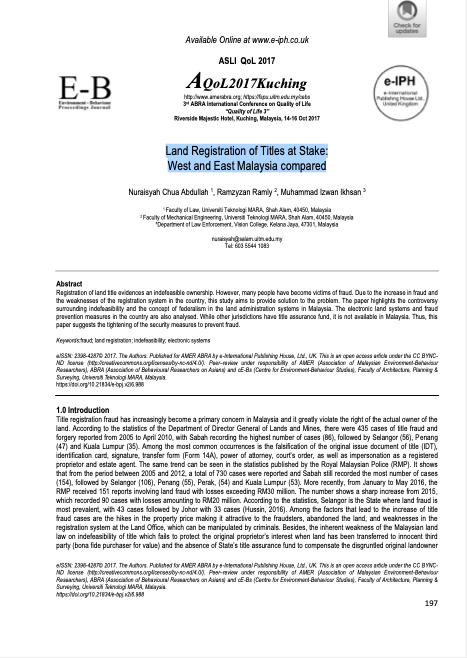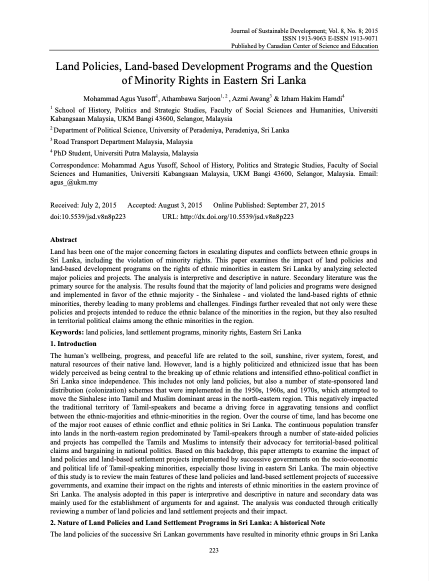Dispute Resolution in China: Patterns, Causes, and Prognosis
Since the reform era began in 1978, there have been significant changes in the nature and incidence of disputes, conflicts, and social disturbances, as well as the mechanisms for addressing them. As with economic and governance reforms, the government has adopted a pragmatic, problem-solving approach as it has attempted to meet the broad and, at times, conflicting goals of justice and efficiency while maintaining sociopolitical stability and rapid economic growth.

